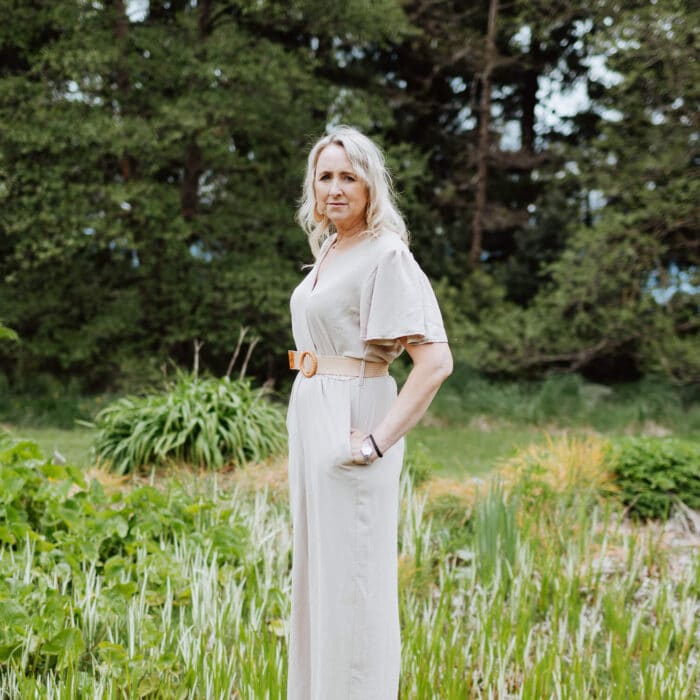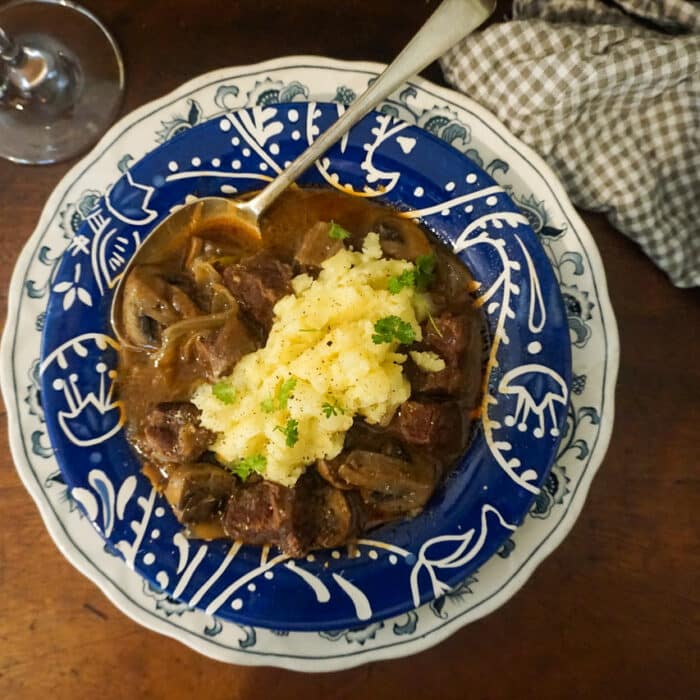07 July 2022
Little Shop of Treasures
writer: Izzie Thompson
photographer: Birgit Krippner
You never know what you’ll find in the Wastebusters store in Alexandra. Alexia Johnston steps through the goods and the philosophy.

We’ve got a little bit of everything here. There is an old book that was given to a girl when she was in primary school in the early 1900s. It has a lovely personal note in the front from her principal. Often things like this are brought in by someone who is having a tidy up, downsizing or helping their elderly parents with a big move.
We’ve had a boy come in to buy scooters to take to his school because he wants them to be available for the kids who don’t have one to play on. We see all kinds of interesting items, from an Oprah Winfrey-signed photograph to old tools I don’t recognise, like hand-held drills. Those items get people curious, get them chatting.
I've worked at Wastebusters Alexandra for a year as the Communications Coordinator and Reuse Customer Service Assistant. Our aim is to keep items from going in the landfill by giving people a place to bring their quality wares, and then we find new homes for these goods. People are developing a greater understanding of the importance of keeping items in circulation. There is a definite mind-shift. Instead of buying new, they'll come to us first. We even see things come back again, like kids' tables and chairs. There is a continual cycle.
We have a big variety of buyers and sellers, and many regular customers. The young ones are thinking of current trends while the older generation is usually looking for something specific. No matter the initial motivation, people can't stamp their curiosity once they're past the gate. They end up wandering through every area, having a good old browse.
Many people are resourceful and intentional, looking for wool to knit something for winter, preserving jars, or toys and clothes for growing young children. We also get people who want a particular item for an upcycle project, which I'm passionate about.
It takes the concept of treasure hunting to the next level. The treasure isn't always what it seems - sometimes lots of little treasures become one big one. You just have to look (and think) outside the box.



Sometimes people reveal their plans for their recent finds, such as turning thick books into treasure boxes for their kids. I've also seen lampshades made from the pages of old books, and someone bought a child's cot to store hay in for their goats. The goats munch on the hay as they pull it through the railings.
And if you don't find exactly what you're after at a second-hand store, you'll probably find something else that will do the job. We see a lot of creative thinking. One customer wanted the metal frame of an old clothes trolley; we didn't have one so he left with a golf trundler frame and planned to alter it. Another customer wanted something to screen soil and ended up buying a single wire bed base to do the job.
I think people are gravitating back to wanting to own and use things that are really good quality - that saying 'they don't make it like they used to' rings true - and they are happy to pay a bit more for something durable. It's about buying better, buying the things you remember your grandmother having.
Wastebusters supports the idea of 'slow fashion', which encourages people to choose garments that will last longer. It sometimes means spending a bit more money but not only will this kind of clothing have a longer life but it will also be easier for opshops to find new homes for it later down the track. We find it's noticeably harder to move the poor quality 'fast fashion' items on. We recently did a slow fashion survey. Participants all over the country told us about items in their wardrobes that they've treasured for years and expressed their concerns around fast fashion.
We also try to turn the tap off through education and repair events. From home composting to zip repair, we run all sorts of workshops where we call on people with certain expertise to help others fix their broken goods. Earlier this year we hosted a cushion cover workshop and people transformed items such as tea towels, old shirts and t-shirts into cushions.


The workshops are great opportunities for staff to touch base with members of our community, and see what we can learn from them. I met a woman at our last workshop who fixed some of my clothing for me. I can wear the clothes again and she is teaching me to sew.
We are also known for 'employing' Buster, our resident tabby cat. Some customers come in just to say hi to her. She has become quite a legend after she was named Best Accidental Social Media Person in the Not for Profit Social Media Awards hosted by Hancock Creative earlier this year. Buster had to voice an acceptance speech, which we did thanks to an animation app that we have continued to use as a way to reach out to our community.
Buster is a much loved cat and we feel very lucky to have her 'working' alongside us!


This story is part of THREAD, a year-long project by Shepherdess made possible thanks to the Public Interest Journalism Fund through NZ On Air.
If you enjoyed this story, please share with someone else.
Get your hands on a copy of Shepherdess.
Related Stories
‘I want to do something meaningful; the more people I can reach to help, the better.’
Kathryn Wright (Ngāti Kahungungu) is a fierce advocate for rural mental health.
Tora Chocolate Anzac Slice
A delicious Anzac slice recipe with dried fruit as an alternative for anyone not wanting to use chocolate – or you could use both!



